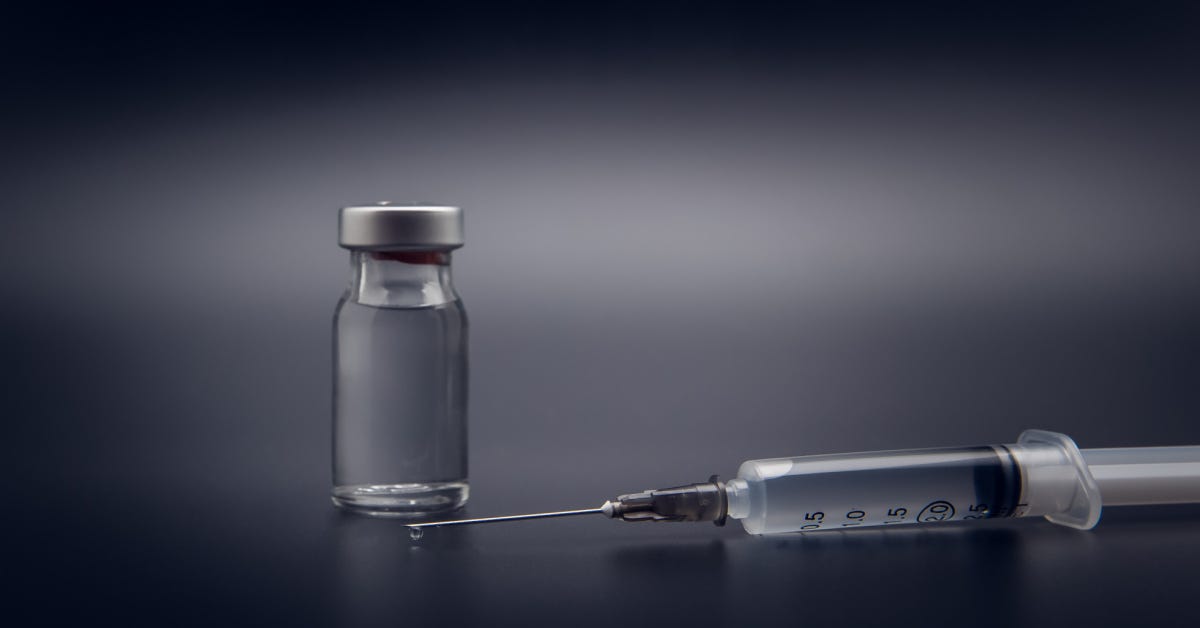|
mRNA Cancer Vaccines are Coming
After witnessing the supposed success of mRNA COVID-19 vaccines, vaccine makers BioNTech and Moderna are advancing their mRNA cancer vaccines. What could possibly go wrong?
Following the clear “success” of COVID-19 vaccines, the UK on Friday announced a partnership with German firm BioNTech to test messenger RNA (mRNA) vaccines for cancer and other diseases. BioNTech partnered with Pfizer to bring us the Pfizer-BioNTech and Comirnaty COVID vaccines that have arguably harmed millions worldwide and are being blamed for a slew of “sudden deaths.”
The experimental cancer vaccines will be administered to 10,000 early and late-stage patients and are designed to target and prevent cancer cells. BioNTech says their mRNA vaccine treatments will contain specific molecular features of the individual’s cancer to encode them into mRNA vaccines that “train the immune system” to attack the specific cancer cells. By comparison, chemotherapy attacks many types of cells, including cancer cells.
BioNTech CEO Ugur Sahin said their goal is to “accelerate the development of immunotherapies and vaccines using technologies we have been researching for over 20 years.”
Cancer Research UK spokesperson Dr. Iain Foulkes said mRNA vaccines are “one of the most exciting research developments to come out of the pandemic, and there are strong hints that they could become powerful treatment options for cancer.”
BioNTech is not the only pharmaceutical company with mRNA cancer vaccines in development. An mRNA vaccine by Moderna and Merck is also being trialed. These two lovebirds plan to initiate a Phase 3 study in people with melanoma in 2023.
Like BioNTech, Moderna and Merck are also personalizing their mRNA cancer vaccine with sequences tailored to each patient.
According to Chemical and Engineering News, mRNA COVID-19 vaccines such as Moderna and Pfizer introduce a piece of mRNA that encodes for a SARS-CoV-2 spike protein to the body. “The body then makes this protein, learns to recognize it, and makes immune cells to fight it so that it has a strengthened response if it encounters the virus.” At least, that’s how it’s supposed to work. We now know that this is simply not the case.
With the new cancer vaccines, the “mRNA encodes for tumor-specific mutations called neoantigens. The body creates copies of these neoantigens, learns to recognize them, and creates more immune cells that can target them, therefore fighting the cancer.”
Yet, research shows the vaccine-induced COVID spike protein — and the body’s continued production of spike protein after being vaccinated — cause numerous health issues such as heart attacks, cancer, fatal brain diseases, and death.
What happens if the body creates “tumor-specific mutations” as a result of receiving a cancer vaccine but doesn’t “learn to recognize” them? Nobody knows. Theoretically, though, it could actually cause cancer proliferation, which is especially concerning in those who receive the vaccine after obtaining remission.
It is also highly unlikely vaccine makers will assess whether the mRNA in a cancer vaccine affects human DNA. Numerous studies show mRNA from Pfizer’s COVID vaccine is able to enter human liver cells, where it is then converted into DNA.
Cancer vaccines do not address the underlying causes of cancer or why the individual developed cancer to begin with. Perhaps if a personalized approach were utilized as it relates to assessing lifestyle factors, treating cancer would be far more successful, with or without an mRNA vaccine.
You’re currently a free subscriber to Megan Redshaw's Newsletter. Upgrade your subscription to get the full experience and support Megan’s work.
